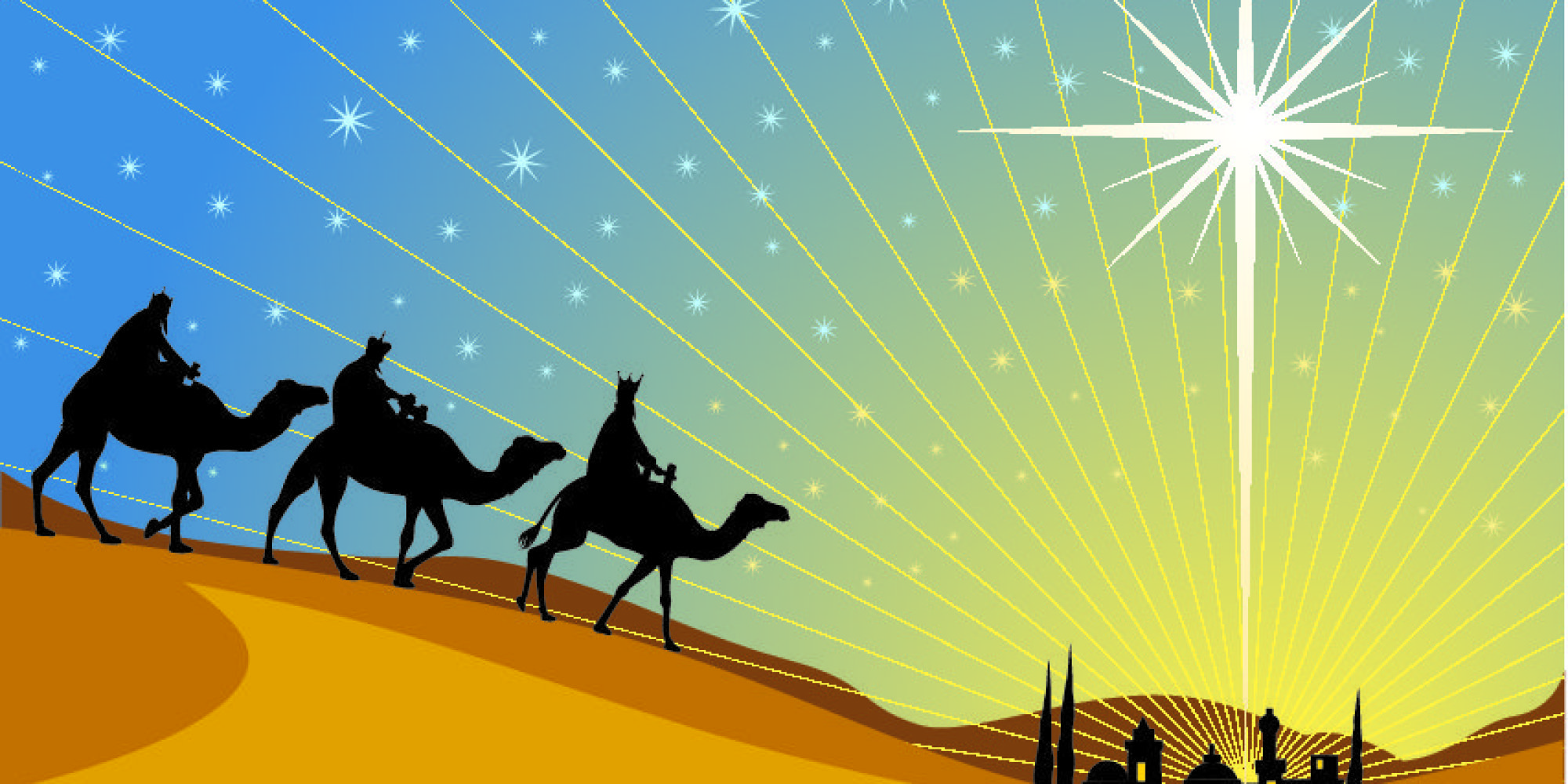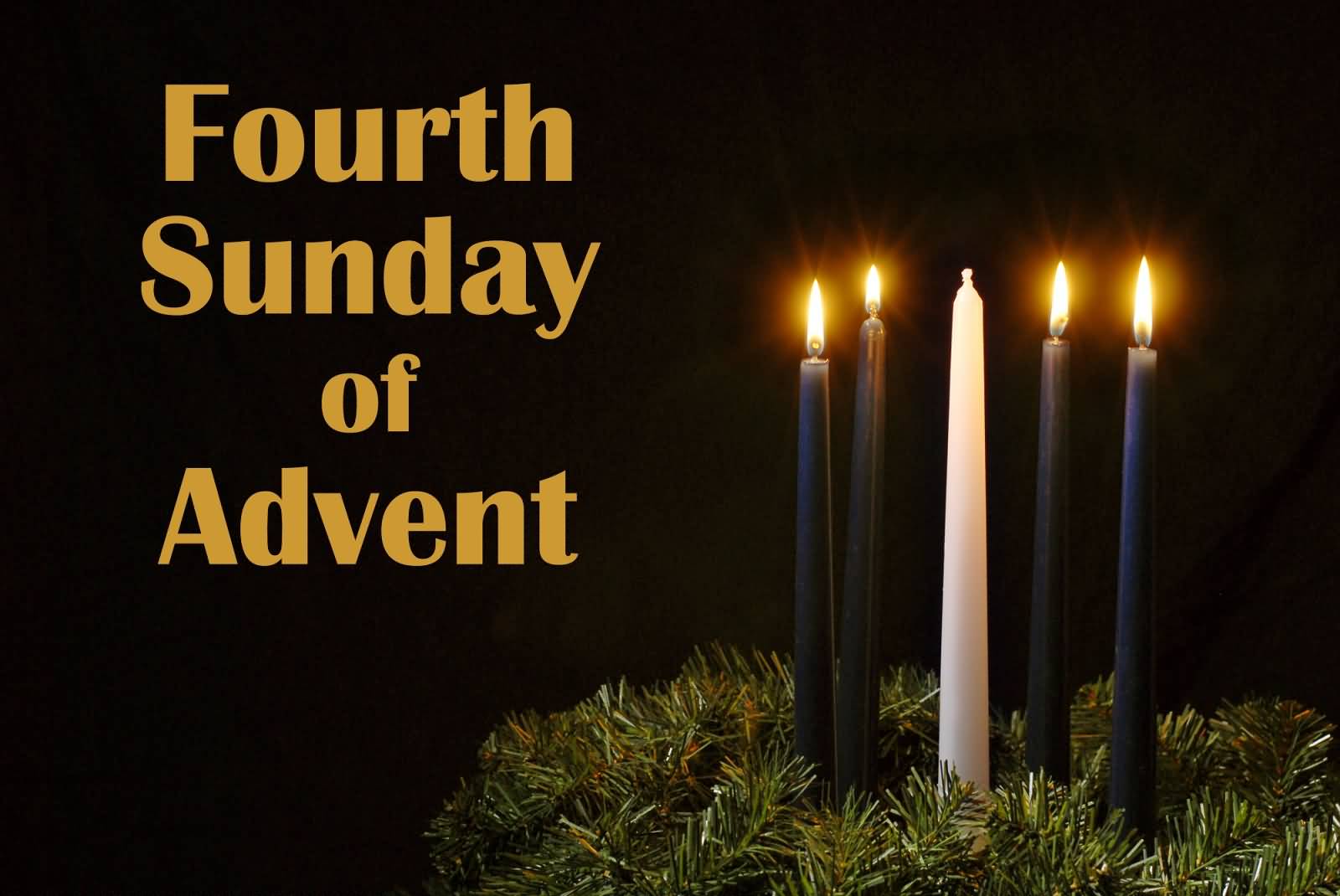Welcome Back to Banquet of the Word!
Join us every week for background on the Sunday readings.
Our mission is simple: We want to help everyone in “pew-land” get more out of mass. Because it’s fun to feel smart about scripture.
Reading 1: Gn 22:1-2, 9a, 10-13, 15-18
The first reading always links to the gospel. It is from the Old Testament.
Every time I hear this reading I cringe. Could I do what Abraham does? Do I have the same obedience as he? To sacrifice my only son? It opens the door to a depth of faith worth exploring.
How has God tested your faith and obedience in your life? Is He asking you to be “All In” right now in some way? God seeks our full on YES to Him, the same he asked of Abraham.
We are about halfway through Abraham’s story today in Genesis, chapter 12.
God put Abraham to the test.
He called to him, “Abraham!”
“Here I am!” he replied.
Then God said:
“Take your son Isaac, your only one, whom you love,
and go to the land of Moriah.
There you shall offer him up as a holocaust
on a height that I will point out to you.”
When they came to the place of which God had told him,
Abraham built an altar there and arranged the wood on it.
Then he reached out and took the knife to slaughter his son.
But the LORD’s messenger called to him from heaven,
“Abraham, Abraham!”
“Here I am!” he answered.
“Do not lay your hand on the boy,” said the messenger.
“Do not do the least thing to him.
I know now how devoted you are to God,
since you did not withhold from me your own beloved son.”
As Abraham looked about,
he spied a ram caught by its horns in the thicket.
So he went and took the ram
and offered it up as a holocaust in place of his son.
Again the LORD’s messenger called to Abraham from heaven and said:
“I swear by myself, declares the LORD,
that because you acted as you did
in not withholding from me your beloved son,
I will bless you abundantly
and make your descendants as countless
as the stars of the sky and the sands of the seashore;
your descendants shall take possession
of the gates of their enemies,
and in your descendants all the nations of the earth
shall find blessing—
all this because you obeyed my command.”
RESPONSORIAL PSALM 116:
I Will Walk Before the Lord In the Land of the Living
The psalm is a ‘response’ to the first reading.
We can hear threads of the story of Abraham and Isaac in today’s psalm, in italics below.
R. (116:9) I will walk before the Lord, in the land of the living.
I believed, even when I said,
“I am greatly afflicted.”
Precious in the eyes of the LORD
is the death of his faithful ones.
R. I will walk before the Lord, in the land of the living.
O LORD, I am your servant;
I am your servant, the son of your handmaid;
you have loosed my bonds.
To you will I offer sacrifice of thanksgiving,
and I will call upon the name of the LORD.
Reading 2: Romans 8: 31b-34
The second reading is usually from St. Paul
Of Paul’s letters, Romans is the longest and most systematic unfolding of the apostle’s thought, expounding the gospel of God’s righteousness that saves all who believe. The theme in chapter 8 is “Justification and the Christian Life.”
We can also hear small threads from the first reading (“He who did not spare his son”) that remind us God asks for 100% of us, not 99% or 50%, but 100%.
Brothers and sisters:
If God is for us, who can be against us?
He who did not spare his own Son
but handed him over for us all,
how will he not also give us everything else along with him?
Who will bring a charge against God’s chosen ones?
It is God who acquits us, who will condemn?
Christ Jesus it is who died—or, rather, was raised—
who also is at the right hand of God,
who indeed intercedes for us.
GOSPEL – Mark 9: 2-10
This is when we hear from Christ himself, and this is why we stand as it is read.

BACKGROUND
In today’s gospel, if we were on a train through the New Testament stories, we’re standing at one of the main “stops:” The Transfiguration.
Before these verses, Jesus had just foretold his death to the disciples. They were probably distraught to hear Jesus talk of his death, so perhaps the transfiguration served as spiritual nourishment (as noted in the 2nd reading). Maybe Jesus wanted to reassure them that He is God’s son by demonstrating this reality before their very eyes.
At the top of the mountain while Jesus was praying, Peter, James and John see his clothes “become dazzling white.” When Jesus prays – when he communicates with The Father – He emits a blinding, pure light.
Recall that in Exodus, Moses also came down the mountain after communicating with God and was glowing white. His was a reflective light. Here Jesus IS the light, it comes from within.
The reading goes on to say that Peter and his companions – like Abram and Adam before them – had been overcome by sleep. A divine light woke them up to see Jesus, Moses and Elijah. Let’s stop here and do some basic math:
Moses (the law) + Elijah (the prophets)=Old Testament.
Jesus = New Testament.
Moses + Elijah + Jesus = The fullness of the scriptures.
On the mountain, these men embody the fullness of the scriptures. That is an awesome reality to ponder for a moment. Here we have the Old Testament “talking” to Jesus, the New Testament. What are they talking about? The subject is the Exodus (“Exodus” means “a journey from slavery to freedom”). In the OT, Moses’s Exodus was physical. He led the people out of Egyptian slavery into a land of freedom. The NT Exodus Jesus will soon lead is spiritual. He will lead us out of a spiritual slavery (sin) into spiritual freedom (salvation). Atop the mountain, Jesus is answering the Old Testament – answering it by fulfilling it.
Lastly, God says to them from a cloud, “This is my chosen Son; listen to Him.” In sum Peter, James and John get a glimpse: Jesus is the answer. Jesus is the New Covenant. He fulfills the old one. And we must listen to Him.
Jesus took Peter, James, and John
and led them up a high mountain apart by themselves.
And he was transfigured before them,
and his clothes became dazzling white,
such as no fuller on earth could bleach them.
Then Elijah appeared to them along with Moses,
and they were conversing with Jesus.
Then Peter said to Jesus in reply,
“Rabbi, it is good that we are here!
Let us make three tents:
one for you, one for Moses, and one for Elijah.”
He hardly knew what to say, they were so terrified.
Then a cloud came, casting a shadow over them;
from the cloud came a voice,
“This is my beloved Son. Listen to him.”
Suddenly, looking around, they no longer saw anyone
but Jesus alone with them.
As they were coming down from the mountain,
he charged them not to relate what they had seen to anyone,
except when the Son of Man had risen from the dead.
So they kept the matter to themselves,
questioning what rising from the dead meant.









